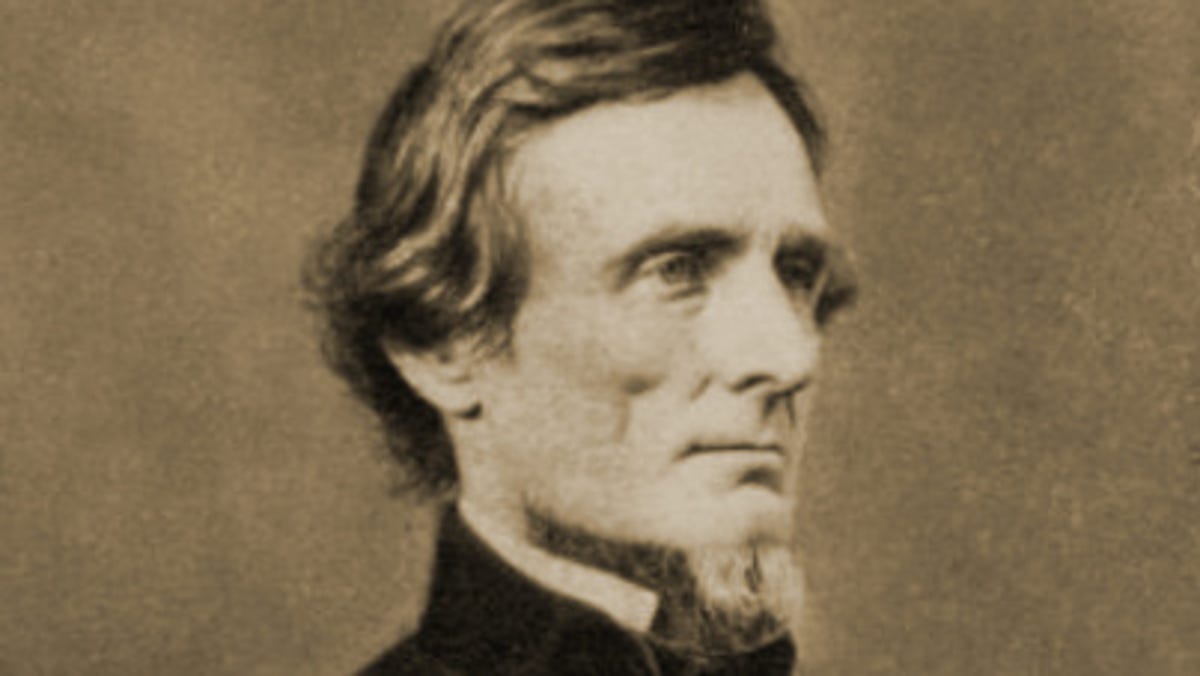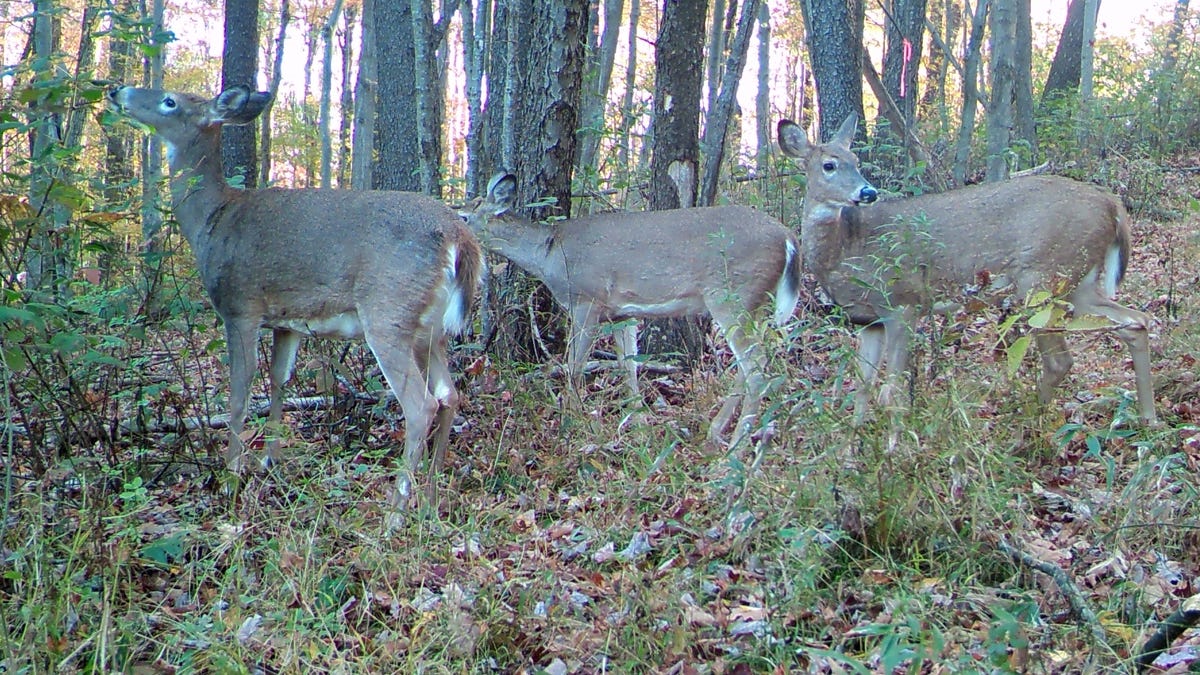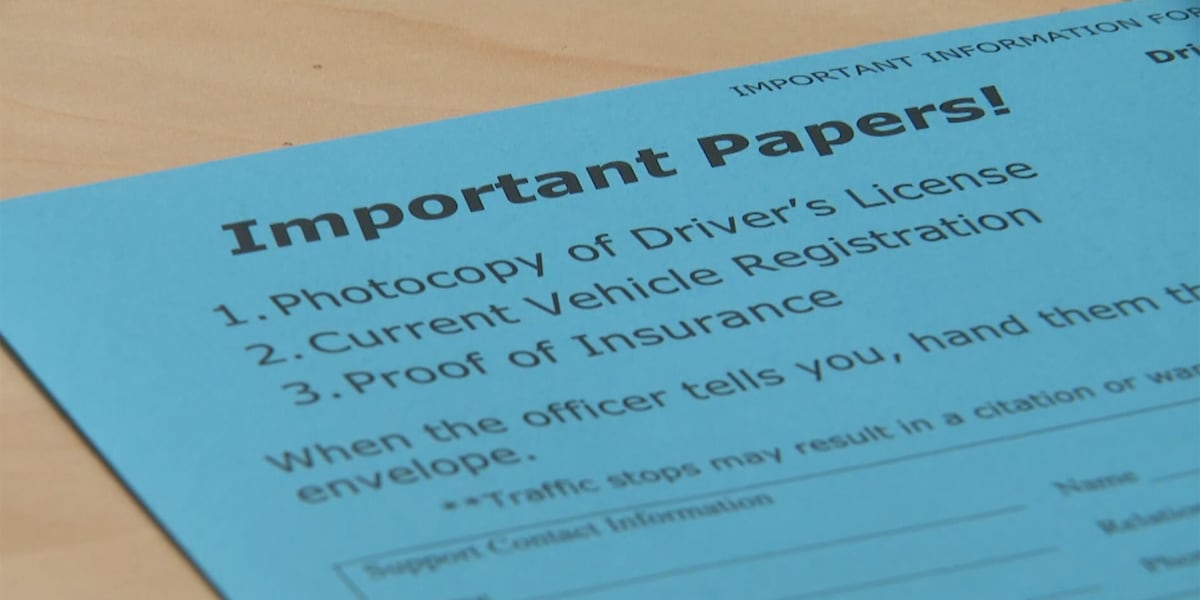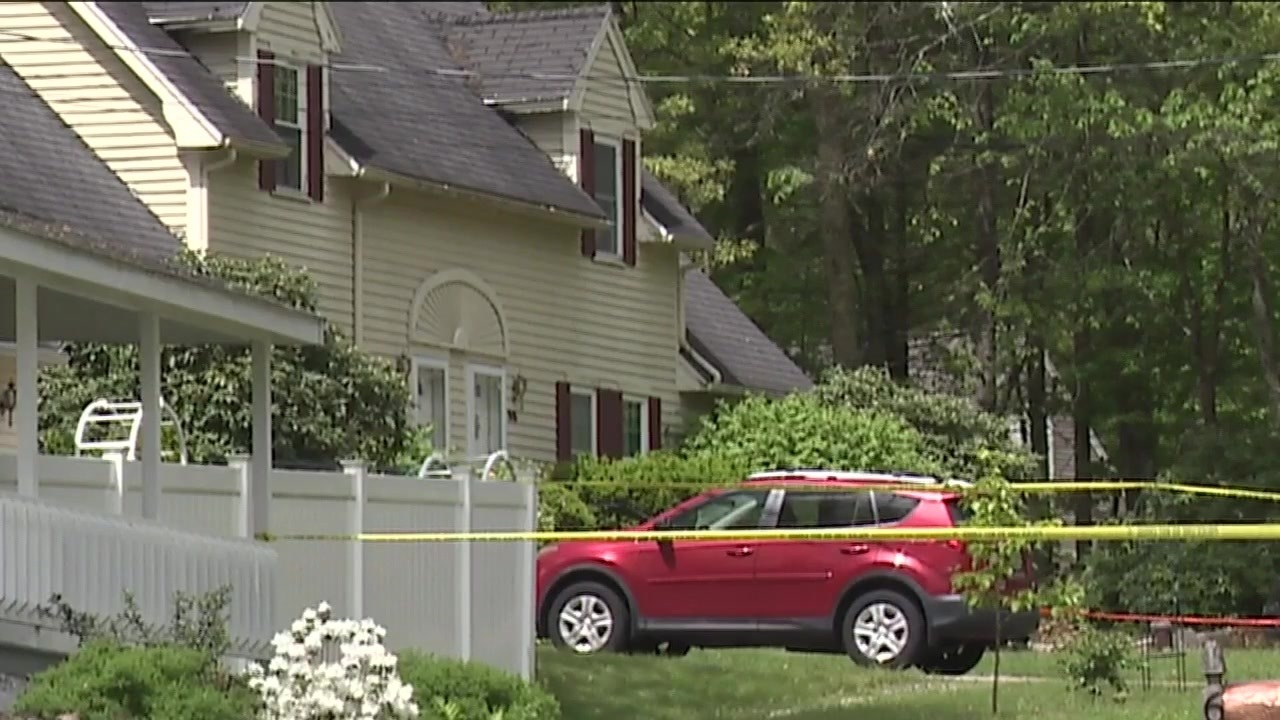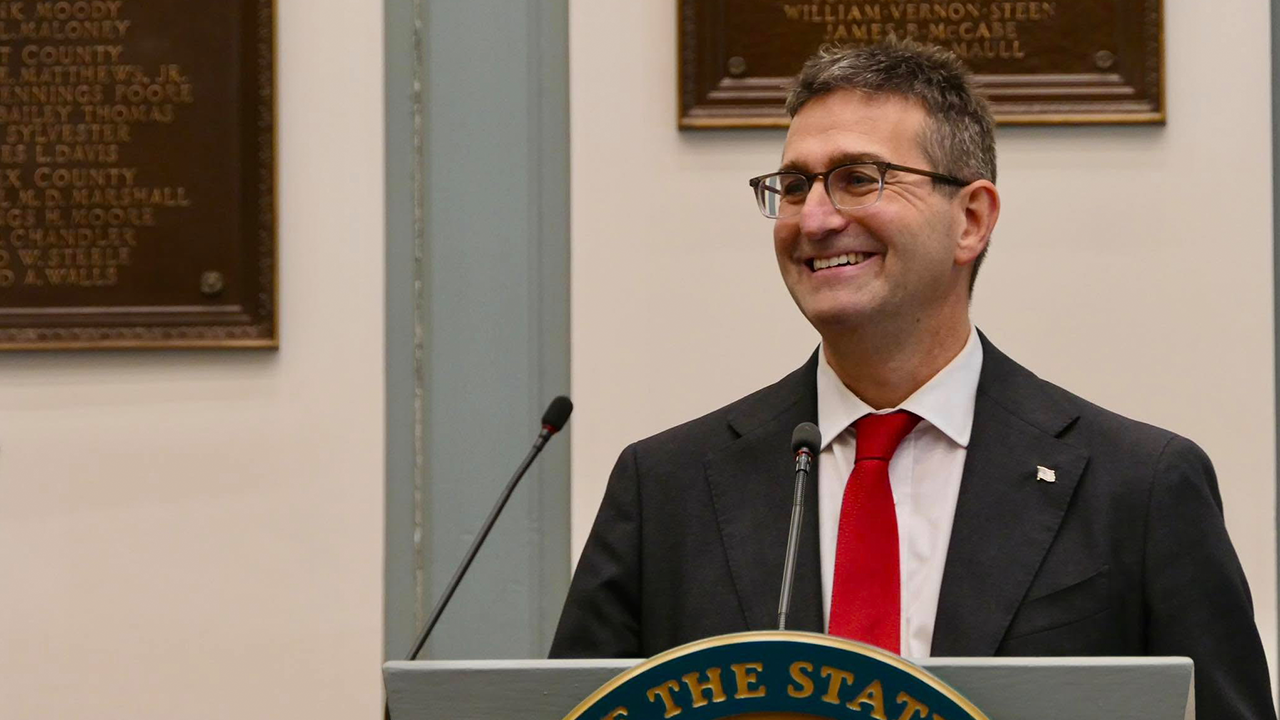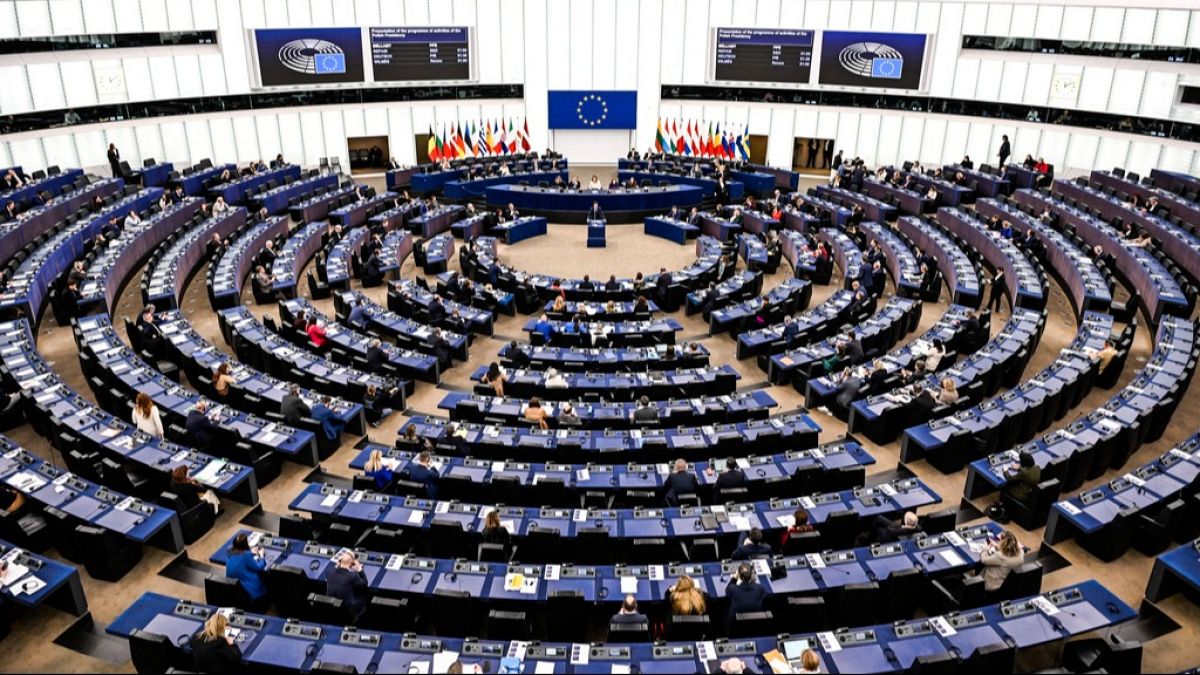Hadley Barndollar
| New Hampshire Bulletin
You don’t need to have a pocket edition of “The Sibley Guide to Birds” to access immediate information about our overhead neighbors.
Last month, New Hampshire Audubon debuted its new “State of the Birds” interactive website, a central repository of all things Granite State birds: species groups, breeding habitats, migration cycles, ongoing threats, and protective actions humans can take.
Users will discover there are 29 species of waterfowl that spend time in New Hampshire, with the highest concentrations along major river valleys and the coast. The American kestrel is the only declining breeder among the state’s birds of prey, and forest-dwelling raptors like the northern goshawk require relatively large tracts of unbroken habitat. And only two of New Hampshire’s 18 aerial insectivores are increasing in number – the willow and alder flycatchers.
“The main reason it’s valuable to get this out there is people love birds, even if they’re not birders,” said Pamela Hunt, senior biologist for avian conservation at New Hampshire Audubon. “A lot of people care.”
Audubon gets phone calls all the time, Hunt said, from everyday people concerned with activity, or lack thereof, at their backyard feeders. “Where are the birds?” they ask, among other probing questions that pop into their heads as they watch the daily gaggle for nuts and seeds.
“It just shows you people have this connection to these critters,” she said. “And if they really want to do something to help birds, there are things they can do.”
Hunt said her organization released a “State of the Birds” report about 10 years ago, and at the time, they printed hundreds of copies. A decade later, Hunt said it was obvious print is no longer the best medium to reach people, so with some funding and a website developer, they created the digital platform. It went live in November.
The website shows both success stories and causes for concern, Hunt said, as many of the state’s bird species are increasing as are decreasing, but the increases aren’t happening as fast as the decreases.
“There has definitely been a net loss of birds,” she said.
National research echoes the same. The U.S. and Canada have lost 3 billion breeding birds since 1970 – a loss of 1 in 4 birds, according to research published in Science in 2019.
The 2022 national “State of the Birds” report found population losses in nearly all habitats, and identified 70 “tipping point” species that have lost half or more of their breeding population since 1970 and are on track to lose another half or more in the next 50 years.
New Hampshire Public Radio recently reported that the University of New Hampshire Cooperative Extension helpline has been inundated with calls from people wondering why they’re seeing fewer birds right now. The answer, experts say, is likely a combination of migration, climate change, and a mast year, the latter meaning oak trees are producing a lot more acorns than usual, and in turn, birds may not be seeking out backyard feeders as often.
The website details how species such as the bank swallow, rusty blackbird, meadowlark, and towhee are seeing steep declines, as well as half of New Hampshire’s shorebird species, including killdeer, spotted sandpiper, purple sandpiper, whimbrel, and lesser yellowlegs.
Birds that migrate farther tend to be seeing larger declines, Hunt said, because they are exposed to more risks over an extended range. Migration in itself is a dangerous endeavor each year.
On the other side of the coin, bald eagles have made a victorious comeback in the state. Forty years ago, the number of nesting pairs was down in the single digits in New Hampshire, and today, it’s up over 100. Peregrine falcons have experienced a similar rebound thanks to conservation efforts.
In other positive news, the ruby-throated hummingbird, Carolina wren, chipping sparrow, and Canada goose are all increasing in the state.
Among the fascinating information people can learn about various habitats and species groups, Hunt said, perhaps the most critical aspect of the website is the education of threats and ongoing challenges – things humans play a direct hand in.
“I can talk about threats until the cows come home,” she said.
Cats and window and building collisions are two that Hunt often steps on her soapbox for. She said cats kill 2½ billion birds in the U.S. per year. While some cats are true outdoor cats, there are plenty that don’t need to be let outside, Hunt argued.
“If half the cats in the country became pure indoor cats and we stopped having these feral cat colonies, that would make a dent in that threat,” she said.
Another half billion birds die each year from flying into buildings. In just one October night, more than 1,000 migrating birds died after crashing into a single building in Chicago, for example.
Hunt said people can put things on the outside of their windows that break up the reflection, and they should locate bird feeders and birdbaths less than 2 feet from any window so that birds cannot build up enough momentum to be injured if they do hit the window.
The American Bird Conservancy maintains a database for products and solutions to reduce glass collisions.
People should also reduce unnecessary lights at night time because they can disorient birds. Some cities, including Boston, have “lights out” programs where they encourage residents and businesses to go dark during peak migration times.
This story was originally published by the New Hampshire Bulletin


